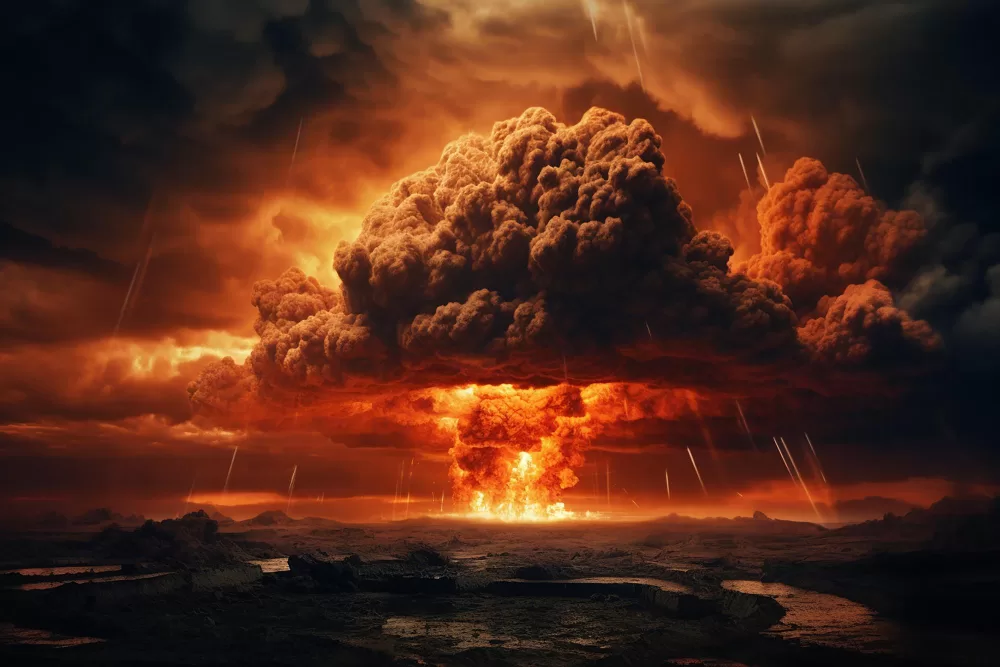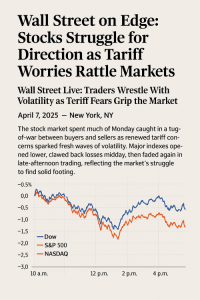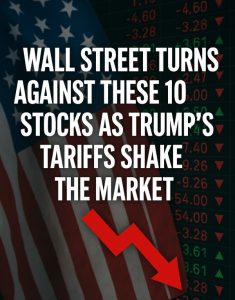Russia-Ukraine War: Long-Term Economic Impacts

Russia-Ukraine War: Long-Term Economic Impacts
The Russia-Ukraine war, which began in February 2022, is having a significant impact on the global economy. The war has caused energy prices to soar, disrupted supply chains, and led to higher inflation. These factors are likely to have a lasting impact on businesses and consumers around the world.
Impact on energy markets
Russia is the world’s third-largest oil producer and the second-largest natural gas producer. The war has led to disruptions in Russian oil and gas exports, which has caused energy prices to soar. This is having a major impact on businesses that rely on energy, such as manufacturers and transportation companies.
Impact on supply chains
The war has also disrupted supply chains, making it more difficult for businesses to get the goods and materials they need. This is due to a number of factors, including sanctions on Russia, the closure of Ukrainian ports, and higher shipping costs. The disruption of supply chains is likely to continue for some time, even after the war ends.
Impact on inflation
The war has also contributed to higher inflation. Higher energy prices and supply chain disruptions have led to higher costs for businesses, which they are passing on to consumers in the form of higher prices. Inflation is expected to remain high for the foreseeable future.
Long-term economic impacts
The long-term economic impacts of the Russia-Ukraine war are difficult to predict. However, it is likely to lead to a more fragmented and less efficient global economy. Countries are likely to become more reliant on domestic production and less reliant on imports from Russia and other countries that could be destabilized by the war.
The war is also likely to lead to a more uncertain and unpredictable global security environment. This could make it more difficult for businesses to invest and grow.
What businesses can do
Businesses can take a number of steps to mitigate the risks posed by the Russia-Ukraine war. These include:
- Diversifying supply chains: Businesses should try to source goods and materials from multiple suppliers in different countries. This will help to reduce their reliance on Russia and other countries that could be destabilized by the war.
- Investing in energy efficiency: Businesses can reduce their energy costs by investing in energy efficiency measures, such as upgrading their equipment and improving their insulation.
- Hedging against inflation: Businesses can hedge against inflation by entering into contracts that fix the price of goods and materials in the future.
- Developing contingency plans: Businesses should develop contingency plans in case the war disrupts their operations. This could include identifying alternative suppliers and backup transportation routes.
The Russia-Ukraine war is a major challenge for businesses. However, by taking the steps outlined above, businesses can mitigate the risks and protect their bottom line.






